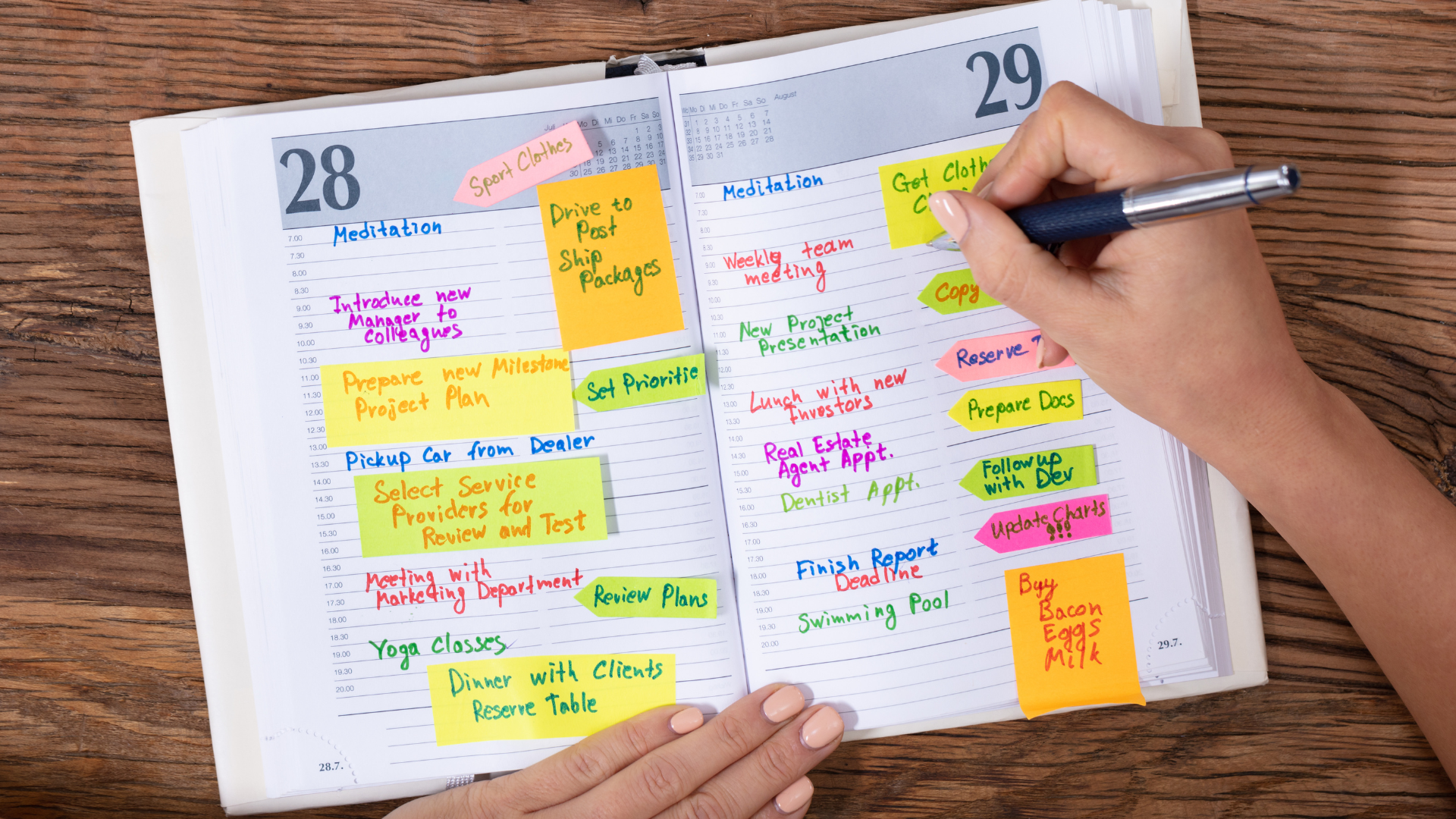Top 5 Everyday Habits That Make Caregivers More Effective
Being a great caregiver isn’t only about what you learn in training—it’s also about the small, everyday habits that help you stay focused, professional, and compassionate. For Home Health Aides (HHAs) and Certified Nursing Assistants (CNAs), consistency in these daily practices can make the difference between simply doing the job and truly excelling at it. At Fordham Institute Inc., we believe success is built one habit at a time. Here are five simple habits that make caregivers more effective in both work and life.
1. Stay Organized
Whether it’s preparing your work bag the night before, keeping track of schedules, or jotting down notes, organization helps you feel in control. An organized caregiver is less stressed and more reliable.
2. Practice Active Listening
Clients often share important details about their needs in casual conversation. Listening closely shows respect, builds trust, and ensures you don’t miss something that could improve their care.
3. Keep a Positive Attitude
Even small gestures—like a smile or encouraging words—can brighten someone’s day. A positive outlook also helps you manage challenges with more patience and calm.
4. Take Care of Your Health
Long shifts can be draining, but eating balanced meals, staying hydrated, and getting proper rest keep your energy levels high. Caring for your body ensures you can keep caring for others effectively.
5. Reflect Daily
At the end of each day, take a moment to reflect: What went well? What can I improve tomorrow? This simple habit builds self-awareness and continuous growth in your career.
Small Habits, Big Impact
When practiced consistently, these small habits add up to better care, stronger relationships, and greater confidence in your role. Caregiving is demanding—but the right habits help you bring out your very best every day.
📞 Ready to start your healthcare journey? Call
718-480-1804





